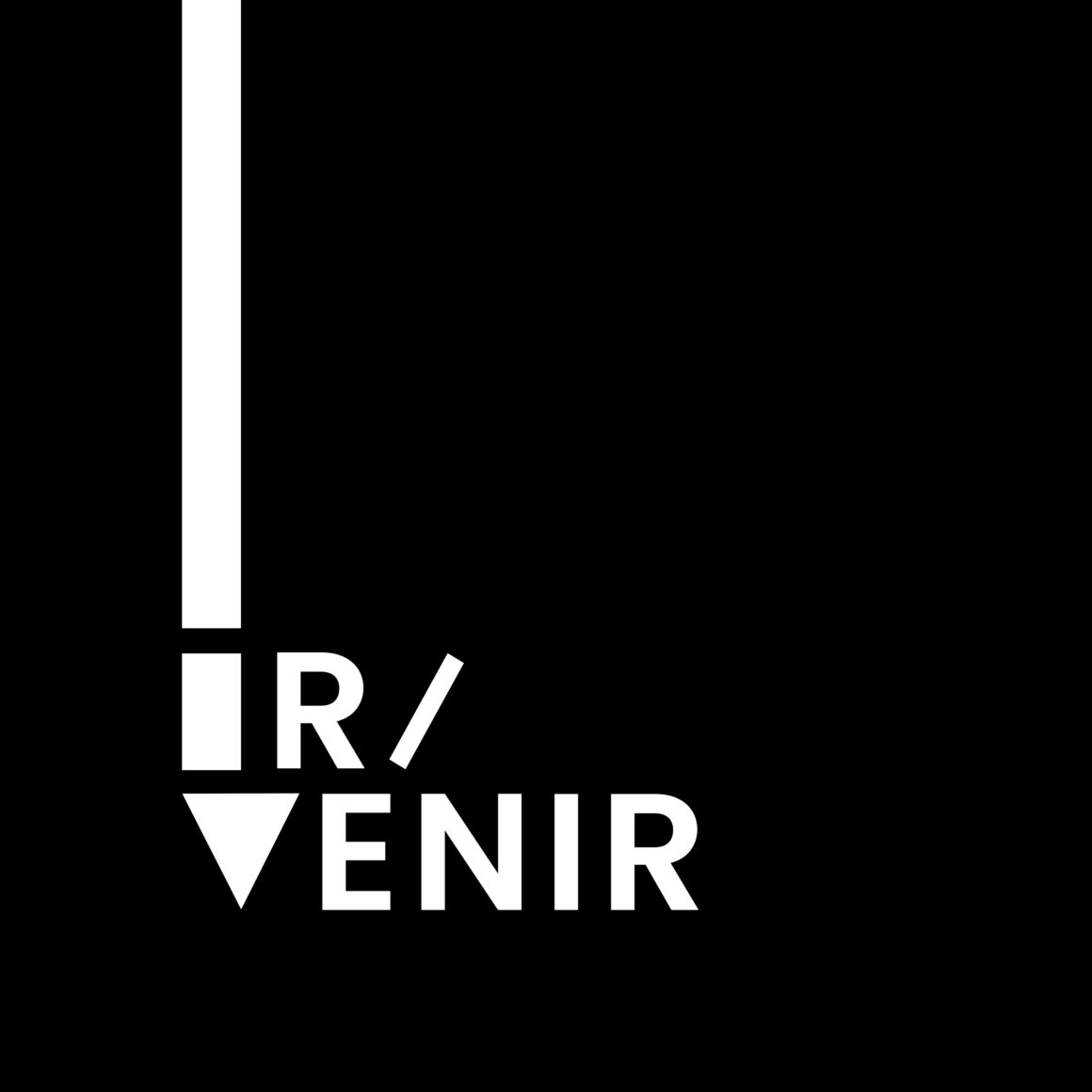How to send demo songs or tracks to electronic music labels?
The process of sending demo songs or tracks to electronic music labels can seem intimidating but is crucial for musicians aiming to make a mark in the industry. With the right strategy, this task can be a significant opportunity to showcase your talent. If you want your music to reach a broader audience, then getting your demos in front of the record labels is a must. Why? Because these labels have a vast network and resources to turn your music from a random track to a chartbuster. To send your demos, ensure your tracks are well mixed and mastered. Exhibit your unique sound to make your demo stand out. Follow the labels submission guidelines precisely and ensure your mail is professional yet personable, briefly describing who you are and showing enthusiasm for the label you’re sending your track to. Remember, all great successes start with a single step, and sending your demo could be yours.
Why Send Demos to Electronic Music Labels?
Understanding the value of sending demos to electronic music labels can enhance an artist’s potential for success. A well-crafted demo can not only exhibit your unique sound and talent but also create significant inroads in the complex landscape of the music industry. Electronic music labels provide the necessary exposure and guidance to nascent talents aiming to thrive in this avant-garde genre. Working with these expert agencies inherently elevates an artist’s music, reaching wider audiences and generating higher listening rates, essential for any musician’s place on industry. Leveraging the power of electronic music labels demonstrates a seriousness towards one’s craft and a readiness to navigate the competitive waters of the music industry. It’s a strategic marketing move that has potential to yield a high return on investment, launching unknown artists into the spotlight.
Knowing Your Label: Understanding Electronic Music Genres
As a connoisseur in the wide-ranging world of electronic music, it’s crucial to delve beyond the surface and truly understand the rich tapestry of genres within this audio art form. Electronic music is not merely a monolithic entity; it’s a diverse universe of sonic experiences, each genre offering its unique textures and rhythms. Whether you’re exploring the euphoric realms of trance, house music, techno music the intense world of hardstyle, or the avant-garde landscapes of glitch, knowing your label is key to a deep, holistic appreciation of electronic music. By understanding these genres and their nuances, you not only broaden your musical horizons, but also sharpen your ears to spot trends, leading a path to the undiscovered gems hidden in this ever-evolving genre. The crucial aspect lies in embracing the diversity, thus adding invaluable dimensions to your musical journey.
Creating a Demo that Reflects Your Unique Sound
Creating a demo that genuinely echoes your unique sound signifies the most critical step towards establishing a robust brand presence in the saturated music industry. Carefully curated, high-quality demos not only showcase your unique musical prowess but also function as a compelling marketing tool meant to attract the attention of music producers, agents, and listeners alike. Understanding your sound, vibe, idea and successfully translating it into a concise, compelling demo involves strategic planning, professional production.
Correct Packaging and Presentation of Your Demo Track
In the professional world of music, every detail matters, from the composition, singing, mixing and recording to the packaging and presentation of your demo song. The correct packaging presents a polished image and sets the stage for the musical experience within, very much like an appetizer before the main course. Simply put, your demo song’s presentation isn’t just about wrapping—it’s an integral part of your song’s journey to a prospective label or a wider audience.
Facing Rejection: Learning and Evolving
Facing rejection from an electronic music record label might feel daunting, but it’s a common part of the artist’s journey. Such obstacles can serve as a catalyst for growth, pushing you to learn and improve in areas you hadn’t considered before. Rejection offers a unique opportunity to analyze your work from a different perspective and identify areas for improvement. It could be capturing your unique rhythm better, leveling up your music production, mixing skills in your song. Remember, the most iconic electronic music artists have also navigated these choppy rejection waters to secure their spot in the industry. Use the feedback as a roadmap to refine your style and showcase your passion, and you’ll find that ‘no’ can quickly pave the way to a resounding ‘yes’ in the world of electronic music.

















